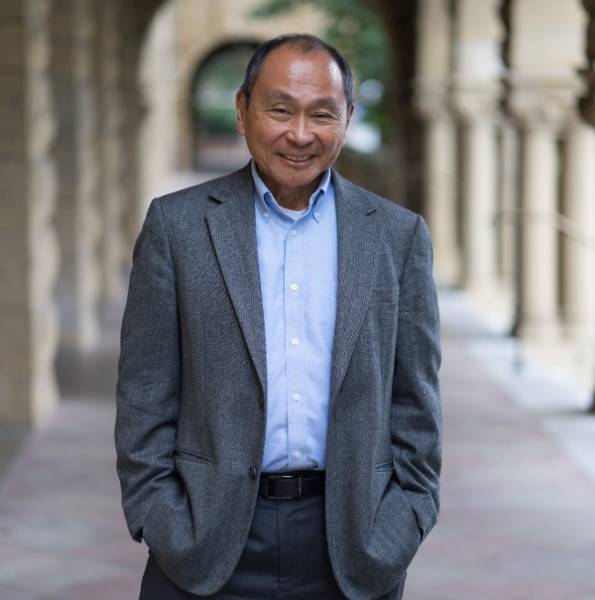This last year saw a series of high profile assaults on secularists in Bangladesh. Four secularist bloggers and one secular publisher were brutally hacked to death with machetes, in the latest iteration of violence against non-believers.
These deaths were highly publicised internationally: but they were by no means the only acts of violence or repression against atheists this year. A new report by the International Humanist and Ethical Union (IHEU) shows that global persecution of the non-religious has escalated this year. The annual Freedom of Thought report records persecution and discrimination against humanists, atheists, and non-believers, assessing each country separately.
The report makes shocking reading, highlighting less well known cases of repression and violence alongside those which made international headlines. In addition to the high profile slaugher of atheists in Bangladesh, two prominent Indian rationalists who had challenged religious superstition and right-wing policies were assassinated this year. The harsh sentence handed out to Saudi secularist blogger Raif Badawi, who was publically lashed on charges of “insulting religion”, caused international outrage. The death sentence handed out to alleged “apostate” Ashraf Fayadh in the same country did not.
Countless people were put to death as apostates by ISIS. For obvious reasons, it is difficult to ascertain the exact number. But the report suggests that the brutality of ISIS in Syria and Iraq has led to increased intolerance amongst governments. IHEU president Andrew Copson said:
“Our ongoing concern is that with Jihadist extremism setting the bar very high for brutality, it is creating a space for this deepening, noxious hatred against the non-religious in a growing number of countries, primarily Islamic states. It’s almost as if there’s this false need to create an equal, imaginary threat from the opposite end of the belief spectrum, as a kind of false balance to the likes of ISIS. In fact this strategy is sometimes almost completely explicit, as in Egypt’s ‘war on atheism’ for example. This entirely misplaced reaction against the non-religious is turning to increasing violence by non-state actors, and ever harsher, transparently unjust sentences from state authorities.”
Harsh sentences handed out to non-religious Egyptians are highlighted in the report: Sherif Gaber, sentenced to a year’s hard labour after announcing his atheism on his Facebook page, and Karim al-Banna, arrested at an atheist café and sentenced to three years in prison for “insulting religion”.
While blasphemy laws were abolished in Norway and Iceland, the overall picture is bleak. The report concludes: “Agree with their underlying humanist worldview or not, some of the clearest, bravest, most innovative voices in the social-political sphere will continue to be the humanists, the atheists, the non-religious, or the religiously unaffiliated, and they are a necessary, often profoundly influential part of any real debate in any truly open society. The world must recognise that to identify and speak out as non-religious is a basic human right, and the fact there are increasing numbers of people demanding recognition of this right is not a signal of moral decay but of a functioning, free society.”

